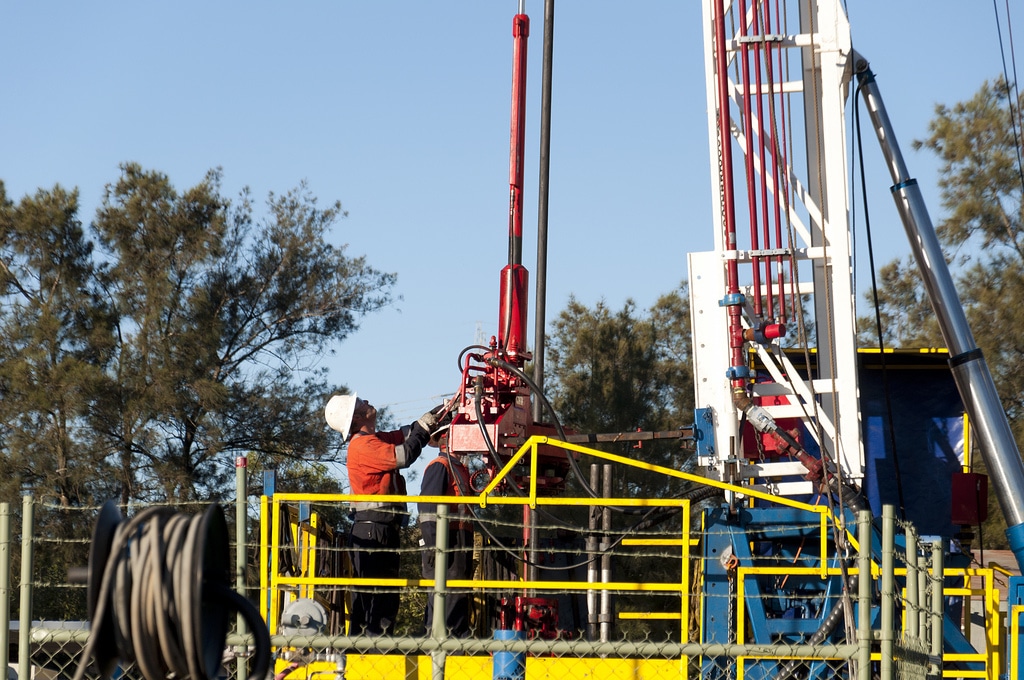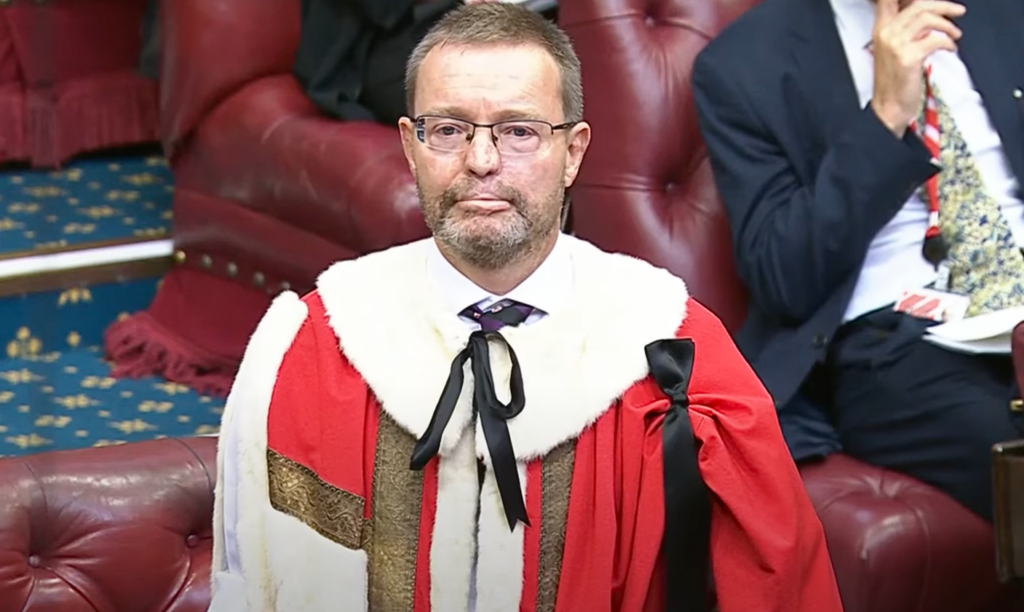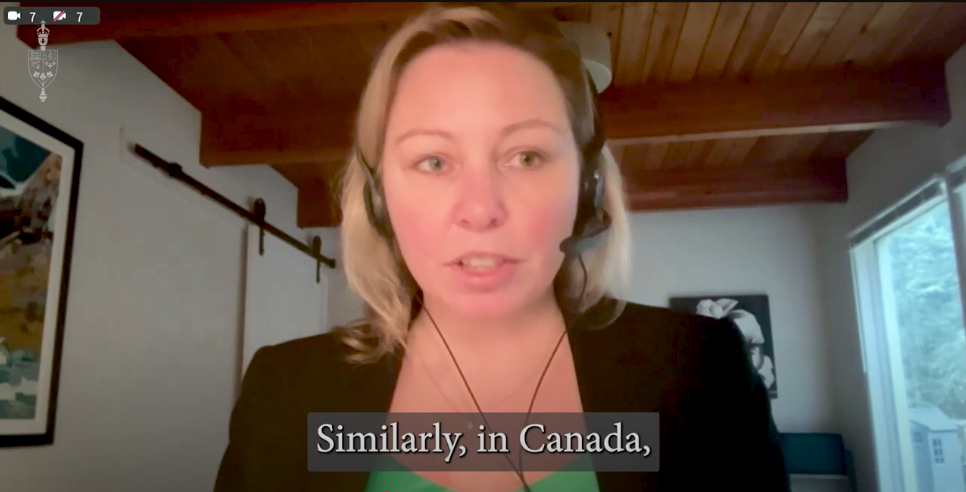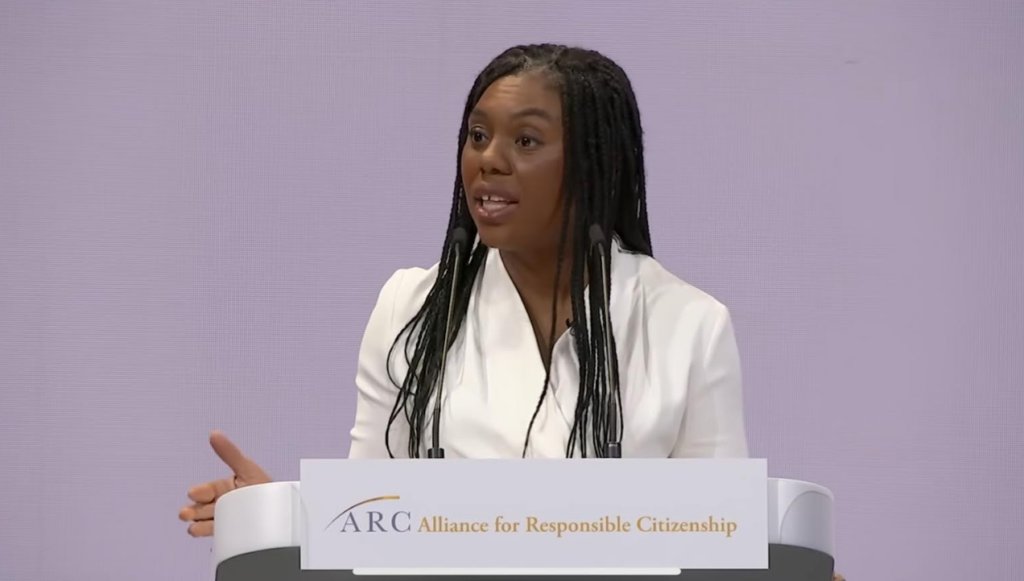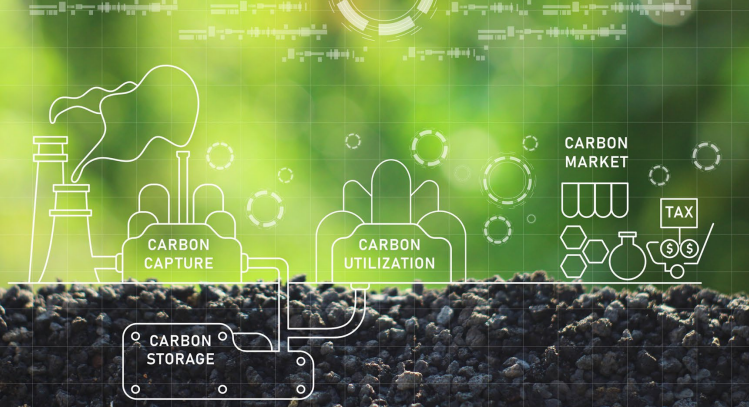A European expert group on the development of unconventional hydrocarbons has been scrapped by the European Commission following complaints that the group had been almost entirely taken over by the fracking industry.
The advisory group, set up by the European Commission last April, was tasked with assessing ongoing fracking projects in Europe along with the safety and appropriateness of other unconventional technologies.
Of those not employed by the Commission, over 70 percent of the panel had financial ties to the fracking industry an investigation by Friends of the Earth (FoE) Europe and the Corporate Europe Observatory (CEO) revealed at the time. FoE and CEO logged the complaint off the basis of these findings.
Then, last September DeSmog UK reported that the “European Science and Technology Network on Unconventional Hydrocarbon Extraction” had come under investigation from the European Ombudsman for bias in favour of the fracking industry, and potential conflicts of interest from all working group chairs.
Despite consistently refuting these accusations of bias, the Commission has now decided to exclude all stakeholders and move the work ‘in-house’, effectively carrying out the tasks of the expert group on its own.
The decision came into effect this week, shortly before the European Ombudsman was set to present her findings into the complaint submitted by FoE and CEO.
Antoine Simon, shale gas campaigner for FoE Europe said: “It’s no coincidence that the European Commission decided to scrap this expert group shortly before the European Ombudsman rules on our claim for malpractice.
“The fracking ‘Expert group’ was a lobby vehicle for the fracking industry, and its demise is a victory for the environment and the public interest.”
Pascoe Sabido, CEO researcher and campaigner, agreed. He added: “Giving pro-fracking interests four-fifths of the seats, as well all chair and vice-chair positions, was only going to result in pro-industry recommendations.
“But closing the advisory group to all stake-holders points to a bigger problem: that the Commission simply couldn’t rebalance it away from industry.”
The panel’s five leading chairmen included two executives from shale firms Cuadrilla and ConocoPhillips, two officials from pro-shale ministries in the UK and Poland, and a director of IFP Energies nouvelles, who is also an advisor to the Shale Gas Europe lobby group.
Less than 10 percent of those on the panel represented civil society and environmentalists. And, two thirds of the academics and research organisations involved had links to the shale industry.
“Transparency is crucial now that the Commission has taken on the work of assessing the dangers of fracking,” Simon said. “Shale gas development is deeply incompatible with tackling climate change, and is in complete contradiction to what little we got from the climate talks in Paris.”
Photo: Jeremy Buckingham via Flickr
Subscribe to our newsletter
Stay up to date with DeSmog news and alerts


